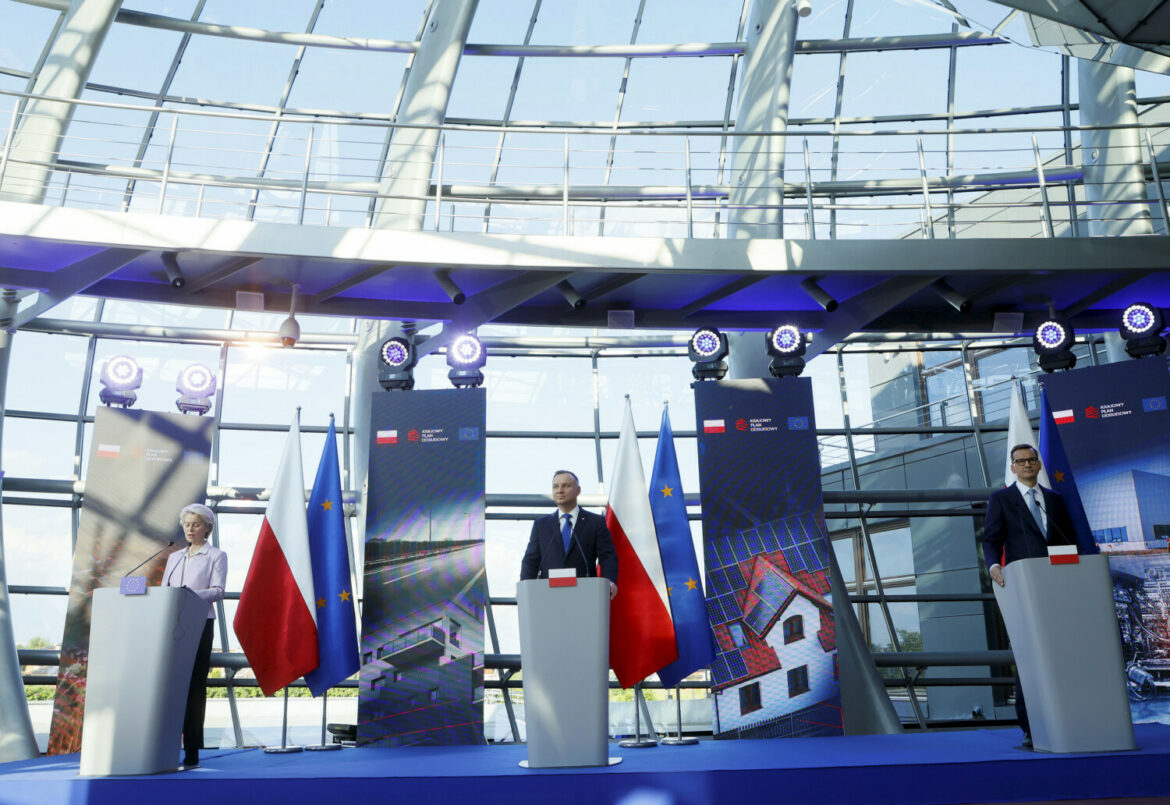“Every citizen will feel the effects of the implementation of the National Reconstruction Plan (KPO). It assumes investments and reforms that will help effectively face the demographic challenges and climate change and will enable Poles to participate in the creation and use of new technologies and digital solutions”, said Grzegorz Puda, Minister of Funds and Regional Policy.
The Ministry of Funds and Regional Policy will coordinate the cooperation of ministries in the process of implementing 54 investments and 48 reforms under the Polish National Reconstruction Plan (KPO).
In order to mitigate the effects of the Covid-19 pandemic, the European Commission has developed a legal basis for the creation of an Instrument for Facility for Reconstruction and Increasing Resilience. The funds accumulated therein will help all EU countries overcome the crisis that affected them to a different extent. Each EU country has developed its own Reconstruction and Resilience Improvement Plan, including the necessary reforms and investments to be implemented.
Poland has also prepared such a document. The non-returnable funds negotiated in Brussels in the amount of PLN 106.9 billion and loans of PLN 51.6 billion taken on preferential terms will be invested in a manner strictly defined in the National Plan for Reconstruction and Increasing Resilience.
The Polish plan envisages continuing the reform of economic law so as to further reduce regulatory and administrative burdens for entrepreneurs. A coherent system of creating and supporting institutions for caring for children up to 3 years of age is also to be created. This reform will improve the situation of parents in the labour market. Poland will connect to the Internet with a capacity of at least 100 Mb / s to at least 931,000 households. Laptop computers with the necessary software for teachers’ use will be delivered to schools. The new equipment will be purchased for 300 Polish hospitals, and infrastructure will be improved in 280.
According to the KPO, Poland will allocate PLN 1.3 billion for the replacement of heat sources and energy thermal modernization along with the use of modern installation solutions for educational buildings.
Adrian Andrzejewski





